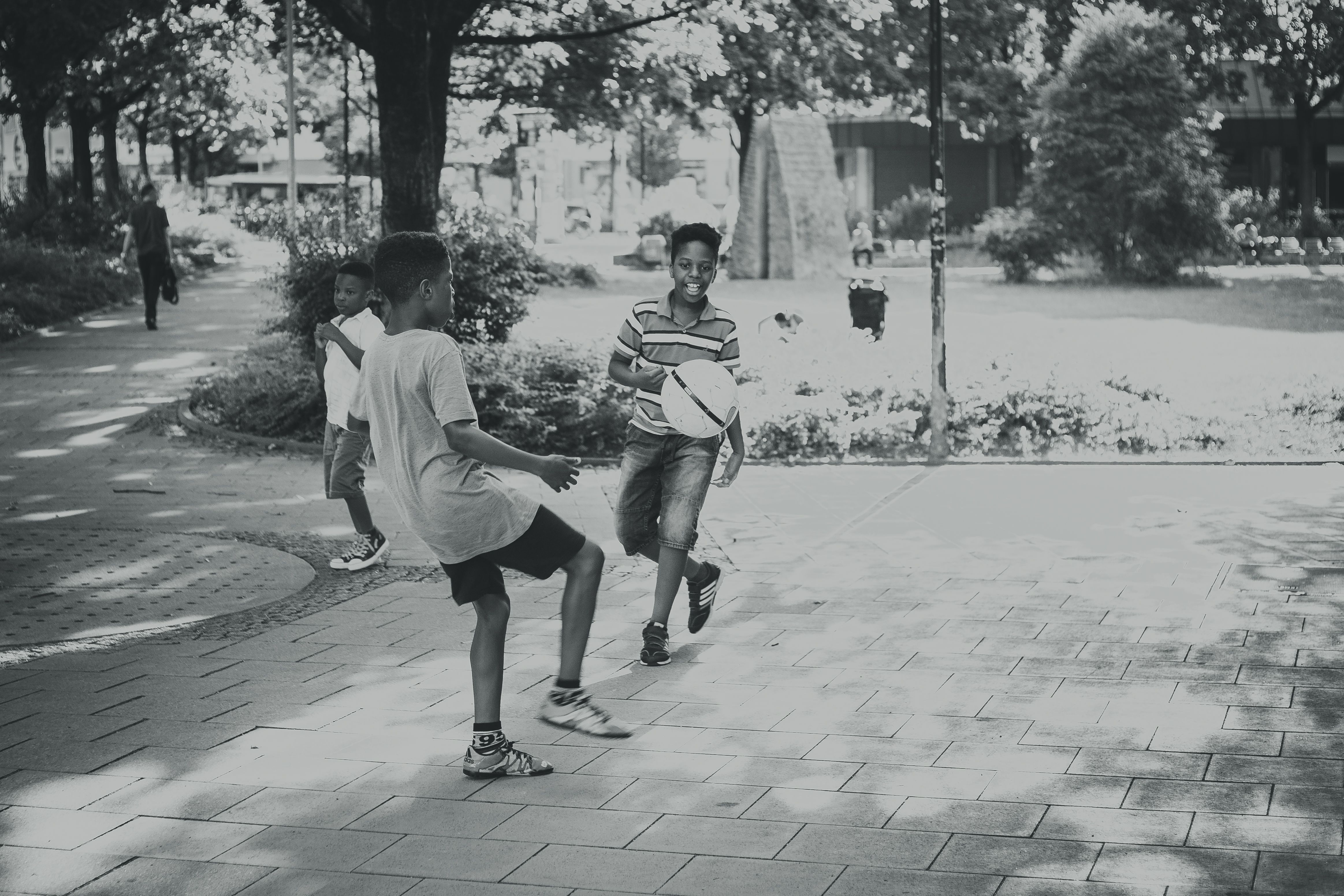
For more than a month schools across America have closed their doors to students, teachers, and administrative officials as a result of the COVID-19 pandemic. Millions of students have gone without their friends, activities, and day to day lives for weeks on end. While some schools have officially ended all curriculum for the year, for many students, there’s only one thing they won’t go without; work.
Even in a time of unprecedented stress and uncertainty, the pressure is on for students. Teachers and administrative officials continue to send out online assignments as if school were still in session, and sometimes with even greater volumes of work. This transition is creating a great deal of stress for many students, and creating greater disparities for students who lack the necessary tools to access online education. But whether it’s a lack of access to the internet or an ongoing battle with depression, students across the nation are struggling to complete schoolwork and keep up with expectations and experiencing a great deal of stress and guilt because of it.
And these feelings aren’t coming solely because of the virus. These feelings are a symptom of a much larger disease (though hopefully not as large as COVID-19 itself). This is the disease of toxic productivity, or the mindset that we must constantly strive to be productive and accomplish more, no matter the cost.
The issue with this mindset is that it reduces students' value. It indirectly expresses to students that their worth is determined not by their humanity, but instead by their productivity. In the context of modern American society, the reason as to why this philosophy was adopted is clear. As students consume media and are impacted by public policy, their values change based on what social norms are accepted and taught. Because both mass media and public policy are largely controlled by those with exorbitant wealth, productivity becomes a major value. After all, it is often the most wealthy individuals who own corporations and are thus responsible for managing workers, and so these individuals directly benefit from creating a base of people who value work and productivity. And while productivity certainly holds immense value as many social systems could not function without it, the need to constantly prove your value through productivity can quickly become unhealthy.
Even before the COVID-19 pandemic, these issues were already impacting students; few can say they haven’t sacrificed a good night’s rest to finish an assignment, or skipped their lunch period to get just a few more minutes of study time. At first blush, these may seem to be nothing more than minor inconveniences. Missing one lunch period to get a better grade on a test may seem to be a small price to pay at first, but as students perform these behaviors time and time again, it signals a much deeper issue. Student’s physical, mental, and emotional well-being are being undervalued, and the consequences of this extend far beyond the classroom. We believe that we must be good students, so that we can attend a good university, and get a good job, because if we can be good in these terms, then we are good as individuals.
When we teach our students that what they can give in terms of productivity and labor is more valuable than their health and well-being, we actively encourage them to ignore so many things. Friendships, relationships, family life. All of these things can become second priority to working harder, longer, more strenuous hours. The things that make us human and truly connect us to others- not by competing with and against one another, but in truly understanding each other- are lost.
There is a very clear reason why anxiety has become nothing short of an epidemic among today’s students. We encourage students to base their entire worth on impossible to reach, constantly changing standards of productivity. And so of course many of us feel ashamed and inadequate when we can’t reach these goals, not just on a day to day basis, but spanning months and even years.
These ideas have become so ingrained in our psyche as students that they are impossible to ignore, and they’re not something we can change overnight. But what we can do not only for ourselves, but also to support others, is to recognize where these beliefs come from, who they benefit, and to remember that our worth is not determined by our output. Learning to believe this is difficult, even impossible at times. But if we come together and challenge these notions as a community of learners, we can shape a better future for ourselves and those who will come after us.
Remember, your worth is determined by your humanity. It is entirely independent of what productivity you do or do not possess.
If you would like to talk further about any of the challenges you’re experiencing, please email us at teens@tubman.org or call our 24-hour help line: 612-825-000.







